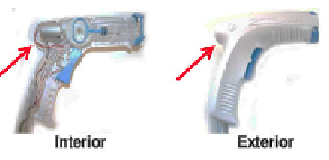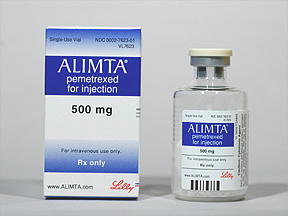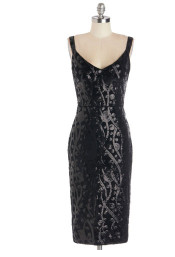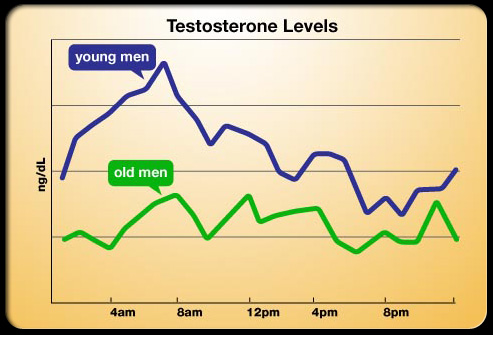
Washington, D.C. – The U.S. Court of Appeals for the Federal Circuit ruled on the patent infringement litigation between Zimmer of Warsaw, Indiana and Stryker of Kalamazoo, Michigan. The Federal Circuit upheld the jury’s finding that Zimmer had infringed three of Stryker’s patents but overturned the decision of the Western District of Michigan to triple the damage award, reducing the award from $228 million to $70 million, and vacated the district court’s award of attorneys’ fees.
Stryker and Zimmer are the two principal participants in the market for orthopedic pulsed lavage devices. A modern, orthopedic pulsed lavage device is a combination spray-gun and suction-tube, used by medical professionals to clean wounds and tissue during surgery.
In 2010, Stryker Corp, Stryker Puerto Rico, Ltd. and Stryker Sales Corp. (collectively, “Stryker”), sued Zimmer, Inc., Zimmer Surgical, Inc. and Zimmer Orthopaedic Surgical Products of Warsaw, Indiana (collectively, “Zimmer”) alleging that Zimmer’s line of Pulsavac Plus pulsed lavage devices infringed three of Stryker’s patents – U.S. Patent No. 6,022,329 (“the ‘329 patent”), U.S. Patent No. 7,144,383 (“the ‘383 patent”) and U.S. Patent No. 6,179,807 (“the ‘807 patent”). A jury awarded $70 million in damages and the district court increased that figure by approximately $2.4 million to reflect sales made by Zimmer during a time period that had not been considered by the jury.
Stryker also moved for enhanced damages under 35 U.S.C. § 284, alleging willful patent infringement by Zimmer. Under § 284, “the court may increase the damages up to three times the amount found or assessed” at trial. For this determination, the court referred to Read Corp. v. Portec, Inc.. In Read, the Federal Circuit had held that the “paramount determination in deciding to grant enhancement and the amount thereof is the egregiousness of the defendant’s conduct based on all the facts and circumstances.” In evaluating the egregiousness of the defendant’s conduct, courts typically rely on the nine Read factors, which are:
1. whether the infringer deliberately copied the patentee’s ideas or design;
2. whether the infringer investigated the scope of the patent and formed a good faith belief that it was invalid or not infringed;
3. the infringer’s conduct during litigation;
4. the infringer’s size and financial condition;
5. closeness of the case;
6. duration of the infringing conduct;
7. remedial actions, if any, taken by the infringer;
8. the infringer’s motivation for harm; and
9. whether the infringer attempted to conceal its misconduct.
The district court found that all nine Read factors favored substantial enhancement of the jury’s award and trebled both the jury’s award of $70 million and the court’s award of supplemental damages.
In the current opinion, the Federal Circuit affirmed the jury’s findings that Stryker’s patents were valid and had been infringed by Zimmer, as well as the jury’s award of damages to Stryker but reversed the district court’s judgment that Zimmer’s infringement was willful.
To establish willfulness, the patentee has the burden of showing “by clear and convincing evidence that the infringer acted despite an objectively high likelihood that its actions constituted infringement of a valid patent.” If and only if the patentee establishes this “threshold objective standard” does the inquiry then proceed to the question of whether the objectively defined risk was either known or so obvious that it should have been known to a party accused of patent infringement.
The Federal Circuit noted that the district court had failed to undertake the required objective assessment of Zimmer’s specific defenses to Stryker’s claims. The Federal Circuit then considered the question of objective recklessness, which “will not be found where the accused infringer’s position is susceptible to a reasonable conclusion of no infringement.” The court held that the objective standard showed that Zimmer had presented reasonable defenses to all of the asserted claims of Stryker’s patents. Consequently, Zimmer was found not to have acted recklessly and the decision to award enhanced damages was reversed.
Because the appellate court reversed the trial court’s determination that the infringement of the patents had been willful – and because district court’s award of attorneys’ fees was based on that determination – the Federal Circuit vacated district court’s finding that the case was exceptional as well as the award of attorneys’ fees and remanded the issue to the trial court for further consideration.
Continue reading










